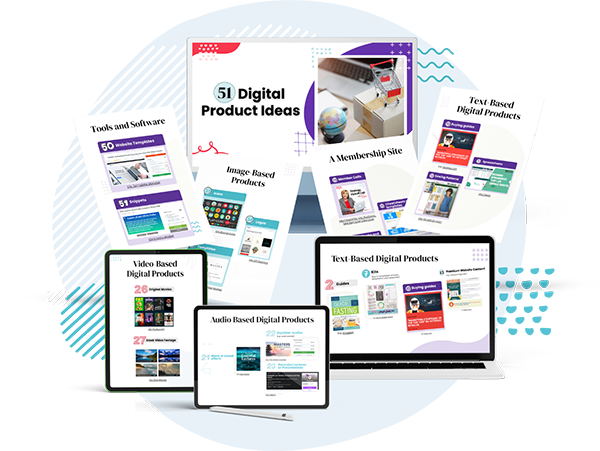Did you watch the Olympics? What an amazing time of unity, pride, and fun these past two weeks, right? I don’t know about you, but it’s just plain inspiring seeing the accomplishments of the athletes during the Olympic Games. And those moments of pure glory, like gymnastics gold medalist Gabby Douglas just gave me chills!
Besides the amazing number of first places and gold medals for the American team, it’s also been billed as the first “Social Olympics” And as the 2012 Olympics come to a close, it’s a good time for looking at the social media lessons that the Olympic Games taught us as well.
Top 3 Social Media Lessons for Small Businesses from the 2012 Olympics
1. Just like Mom said, if you can’t say anything nice, don’t say anything at all.
While the U.S. Olympic Committee doesn’t have an official social media policy (think this might change before the next Games?), they encourage athletes to Tweet in a manner that represents the United States well. Athletes from Greece and Switzerland were removed from their teams after sending offensive Tweets. It’s easy to get caught up in the moment and in the instant update nature of social media. But this comes with a cost if something said in haste lingers long enough to come back with a bite!
Social media is meant to be live and interactive. But if there’s a doubt about a particular Tweet being offensive, better to wait or to get other people’s opinion about your Tweet before damaging your brand’s reputation in 140 characters.
2. Respond to customer complaints transparently
The partnership between NBC and Twitter during the games with Tweet prompts and hashtags was a very creative way to get people talking about the games online. And it worked! Viewership of the Olympics was up this year. With a total audience of 212.7 million, it’s being called the second most viewed event in US television history! That’s amazing even by itself!
More viewers means more opportunity for complaints – and even those got their own hashtag on Twitter, #nbcfail. Opinions on how NBC handled Olympics coverage are certainly still flying high. But one lesson seems to have been learned at least in part by NBC and the way the hashtag went viral. The executive producer of their coverage of the Olympic Games took to Twitter to begin responding to criticisms tweeted with the #nbcfail tag. Based on one particular Tweet with that hashtag complaining about NBC Nightly News showing scores for events that hadn’t yet been aired on the network, NBC reporters began offering a “spoiler alert” for scores of competitions yet to be shown to fans in the States.
And speaking of response to complaints…
3. Be ready to learn from your many stakeholders!
Twitter is an equal opportunity platform. This means that more than any other time in history, all of the people who have a stake in your company have access either to you – or to a lot of your customers. With the hashtag #wedemandchange2012, Olympic athletes used Twitter to call attention to International Olympic Committee rules forbidding athletes to make mention of corporate sponsors who aren’t sponsors of the games themselves. This ban covers approximately 98 percent of American Olympians whose events aren’t the highlighted events.
This meant that most Olympians couldn’t use social media platforms such as Twitter to thank their sponsors.
What will come of this remains to be seen. But once again, isn’t it interesting how without Twitter, it’s an issue most of us at home wouldn’t have ever heard about?
The London Games – the first “Social Olympics” were amazing time of sportsmanship and competition – a moment of unity for the whole world.
It kinda makes me wonder what the next 4 years will bring, how about you? <grin!>
Did you mention the Olympics in any of your social media? I’d love to hear – leave a comment below!
About Author
Kim Garst
Kim Garst is a renowned marketing strategist and speaker who is trailblazing the use of artificial intelligence in digital marketing. With over 30 years of experience as an online entrepreneur, Kim helps entrepreneurs grow their business and authority online by using AI technology. She is leading the way with proven AI frameworks that help entrepreneurs build authority in their space.
She is keynote speaker and an international best-selling author of Will The Real You Please Stand Up, Show Up, Be Authentic and Prosper in Social Media.
Named by Forbes as a Top 10 Social Media Power Influencer, Kim is well-known for her skill to simplify complex technology and make the use of AI understandable for business growth. Her relatable, actionable advice helps guide new entrepreneurs to harness the power of AI to succeed in digital marketing. Kim is leading the way in combining human and technological skills to create a new model for AI-powered marketing.







Thanks for sharing!
A great headline should always be a focus!